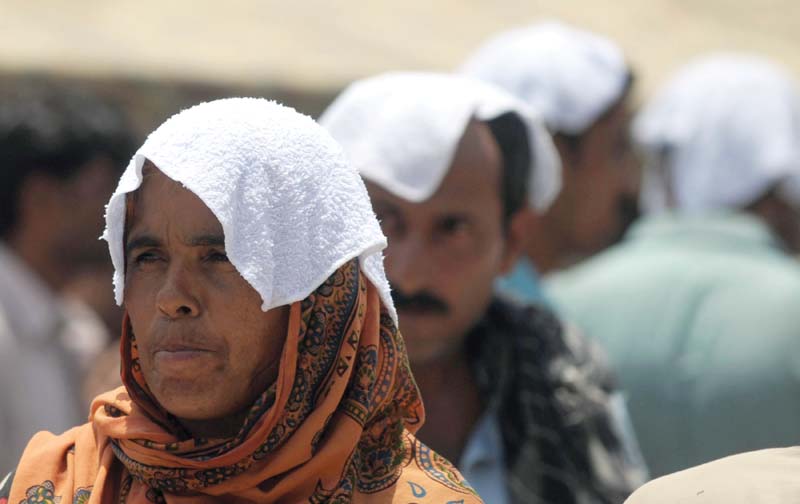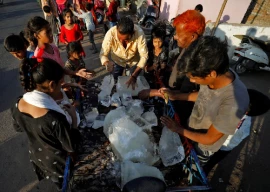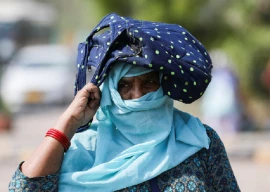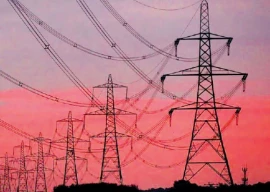
Pakistan issued a heat warning after the hottest March in 61 years as an intense heave wave on Friday showed no signs of abating.
Federal Minister for Climate Change Senator Sherry Rehman called upon home departments, provincial disaster management authorities and provincial teams of PMD to take precautionary actions to manage the intense heat wave, which touched highs of 47 degrees Celsius in parts of the country.
She said, "The Ministry of Climate Change has issued an official warning in an advisory note addressed to the concerned organisations, with particular attention drawn towards the possible occurrence of glacial lake outburst floods and flash-floods in the KP and GB regions.
"South Asia, particularly India and Pakistan are faced with what has been a record-breaking heatwave. It started in early April and continues to leave the people gasping in whatever shade they find," Rehman said in a statement.
Temperatures were predicted to rise by 6 to 8 degrees Celsius above average temperatures after the hottest March on record since 1961, she said.
More than a billion people are at risk of heat-related impacts in the region, scientists have warned, linking the early onset of an intense summer to climate change.
For the first time in decades, Pakistan had gone from winter to summer without the spring season, Rehman said. The government has also told provincial disaster management authorities to prepare urgently for the risk of flash-flooding in northern mountainous provinces due to rapid glacial melting, Rehman said.
Read Pakistan, India reel under intense heat wave
Glaciers in the Himalaya, Hindu Kush and Karkoram mountain ranges have melted rapidly, creating thousand of glacial lakes in northern Pakistan, around 30 of which were at risk of sudden hazardous flooding, the climate change ministry said, adding around 7 million people were vulnerable.
The lead up to holiday of Eid was dampened by the intense heat and regular power cuts as most of the population refrained from eating food and drinking water during daylight hours for the holy month of Ramazan.
The increased demand for power from rising temperatures combined with fuel shortages and infrastructure issues put pressure on Pakistan's electricity system, leading to regular power cuts, known as load shedding.
Residents of Khyber-Pakhtunkhwa said that at times the power was out for between 10 and 14 hours a day, leaving few options to cool down. "The weather is unreasonably hot these days but the hours' long power load shedding....further added to our miseries," said Abdul Salam Khan, owner of a shoe brand in Peshawar.
Khan said the heat wave had dented an expected surge in shoe sales ahead of Eid as many people stayed home in the intense heat while their stores struggled to operate during power cuts.
Meanwhile, the Pakistan Meteorological Department also forecast light rain with wind and dust storms across Pakistan during the upcoming Eid holidays due to the westerly weather system expected to enter the country on May 1.
In a statement issued on Friday, the department warned that the westerly wave would persist till May 5. Under the new system, dust storms are expected in Karachi, Hyderabad, Shaheed Benazirabad, Mirpurkhas, Thatta, and Badin between May 1 (Sunday) and 2 (Monday).
With additional input from News Desk


1732102112-0/BeFunky-collage-(77)1732102112-0-165x106.webp)



1732096230-0/BeFunk_§_]__-(12)1732096230-0.jpg)


1721801554-0/BeFunky-collage]-(10)1721801554-0-270x192.webp)

1732099821-0/BeFunk_§_]__-(14)1732099821-0.jpg)










COMMENTS
Comments are moderated and generally will be posted if they are on-topic and not abusive.
For more information, please see our Comments FAQ